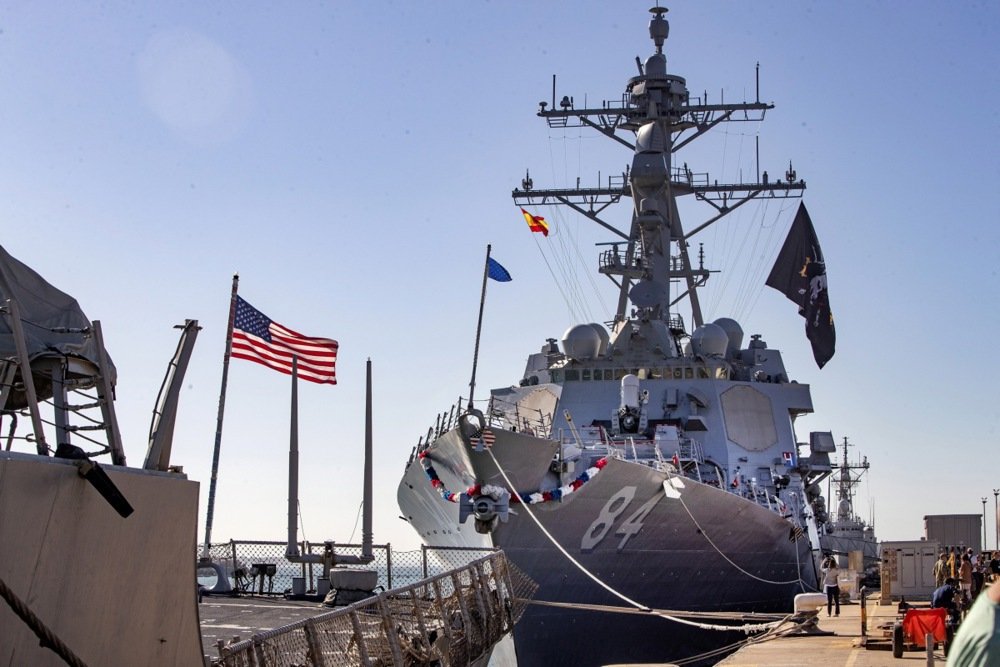MADRID – An increasingly acrimonious fight between Spain and Israel over Gaza has spilled into a broader strategic dispute, raising questions about the future of US military operations from bases in southern Spain.
Israeli Prime Minister Benjamin Netanyahu’s office accused Pedro Sánchez of making “genocidal threats” after the Spanish leader said that Madrid could not stop Israel because it lacked “nuclear bombs, aircraft carriers or large oil reserves.”
Spain’s foreign ministry dismissed Netanyahu’s charge as “false and slanderous,” insisting that “the Spanish people are friends of the people of Israel and the people of Palestine.”
The outburst follows Sánchez’s decision on Monday to ban Israel-bound aircraft and ships carrying military equipment from crossing Spanish territory. The ban is part of a new raft of measures that Madrid announced to “stop the genocide in Gaza,” including a long-pledged full arms embargo on Tel Aviv.
Since Spain’s increased pressure on Israel, attention has turned to the US military bases in Rota and Morón, in southern Spain. The bases are officially shared with Spain but are often used unilaterally by Washington as a strategic transit hub for troops, weapons, fuel, and supplies bound for the Middle East and Persian Gulf. Recently, the bases were also used as stop-off points for US bombers and tanker aircraft during the brief June war between Israel and Iran.
“It is deeply concerning that Spain, a NATO member, has chosen to potentially limit US operations,” a state department spokesperson told Euractiv when asked about the potential effect of the air and naval blockade on US-Spain relations.
Rota, just 150 km from the UK overseas territory of Gibraltar, is home to the largest US naval base on European soil, with over 6,000 personnel. There are also five US Navy guided-missile destroyers stationed in the coastal base co-shared with the Spanish navy, forming part of NATO’s anti-missile shield.
According to the 1988 Madrid-Washington military cooperation agreement at the base, the US is obliged to obtain authorisation from the local administration to transfer “ammunition and explosives” to third countries.
Spain’s Foreign Minister José Manuel Albares has pledged, during an interview with the radio network Cadena Ser, to deny “any authorisation to any state aircraft transporting weapons to Israel.”
However, Spain has limited leverage over the flow of US arms through the bases, as Madrid waived its right to know their destination and is barred from inspecting cargo. That legal loophole means Israel is likely to continue receiving US military equipment, regardless of Sánchez’s air and naval blockade, unless Spain moves to amend the agreement. Local media consider such a move unlikely.
The Spanish foreign ministers did not respond to Euractiv’s requests for comments.
(mm)




